Tarter 12 ft. x 7 ft. Standard Horse Front Stall Panel, Sliding Door
Enjoy quality design and performance with this horse stall panel. The Tarter Standard Horse Front Stall Panel is designed with equine and human safety in mind. Ideal for open barn or shed applications, this tough horse stall panel can be ordered as separate or complete units that are easily connected. Complete with solid steel bars, this horse stall panel boasts a flat doorway threshold to prevent stumbling.
Enjoy quality design and performance with this horse stall panel. The Tarter Standard Horse Front Stall Panel is designed with equine and human safety in mind. Ideal for open barn or shed applications, this tough horse stall panel can be ordered as separate or complete units that are easily connected. Complete with solid steel bars, this horse stall panel boasts a flat doorway threshold to prevent stumbling.
- Tough horse stall panel designed with equine safety in mind
- Ideal for open barn or shed applications, available separate or as complete and connectable units
- Standard with 4 ft. wide sliding door and swing-out feed door; 1/2 in. steel bars
- Easily outfitted with 2x lumber
- Steel horse stall panel made to last
- Gray powder coat finish on Tarter horse stall panel for long life
- 1 year limited warranty
- Note: Stalls do not include wood or other filler material; Stall brackets sold separately
- Use panel in clear span construction or post frame
- Offers unique latches with no sharp protrusions
- Dimensions: 12 ft. L x 2 ft. W x 7 ft. H | Weight: 234 lb.
Additional information
| Animal Compatibility | Horses |
|---|---|
| Features | Gate Included |
| Primary Color | Black |
| Primary Material | Steel |
| Product Height | 7 ft. |
| Product Length | 12 ft. |
| Product Width | 2 ft. |
| Tubing Diameter | 2.5 in. |
| Product Weight | 234 lb. |
| Warranty | 1 Year Limited |
| Manufacturer Part Number | SF12 |

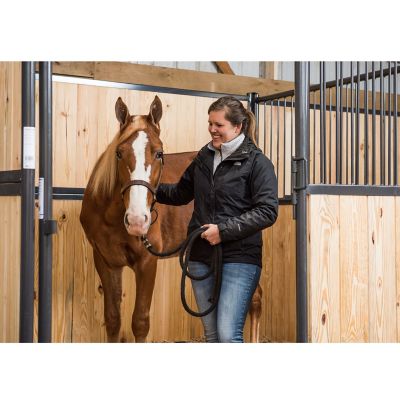
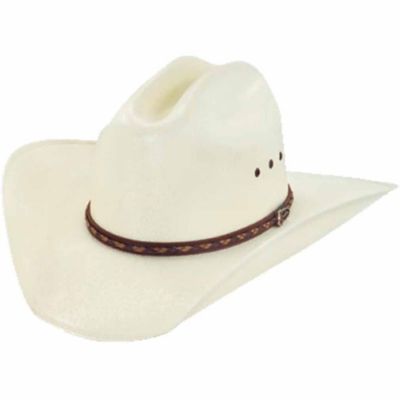
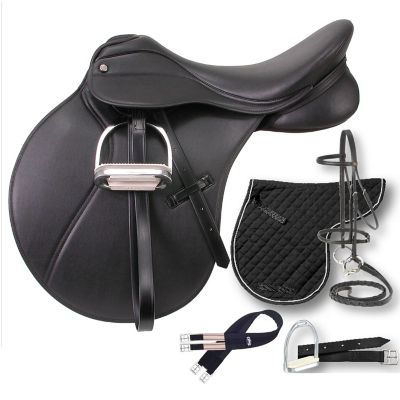
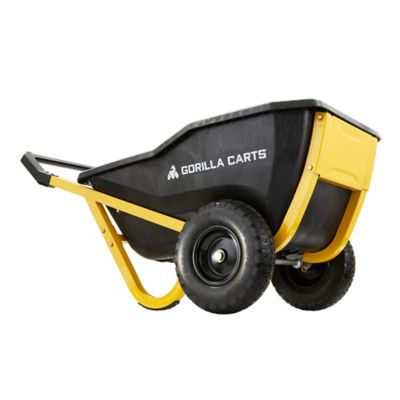
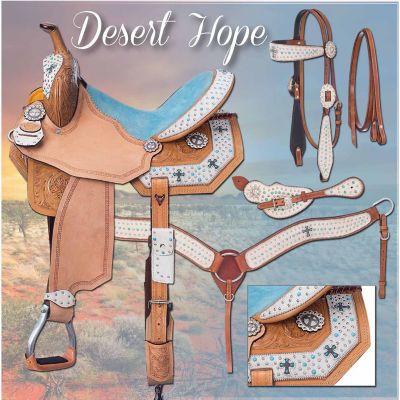
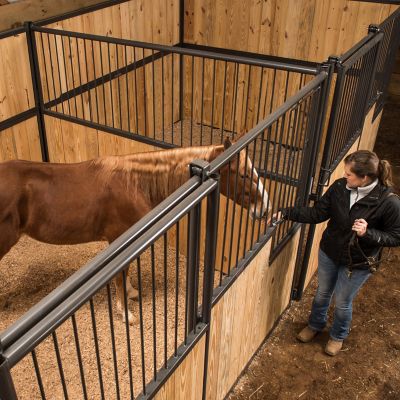
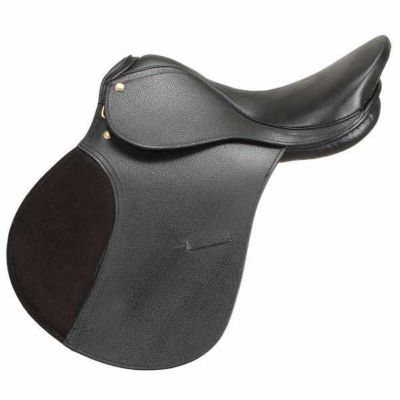
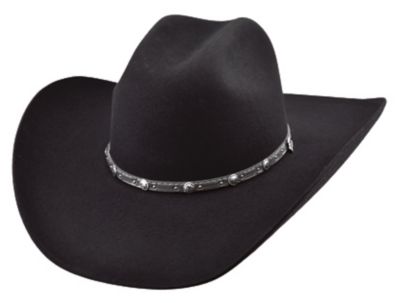
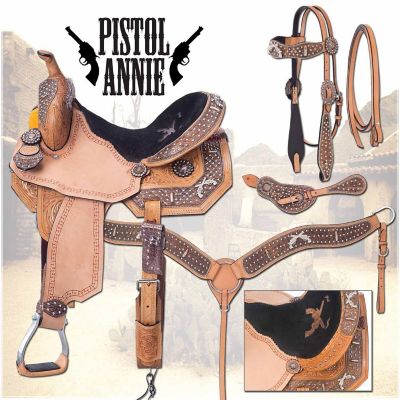
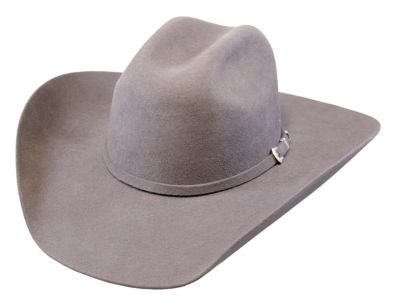
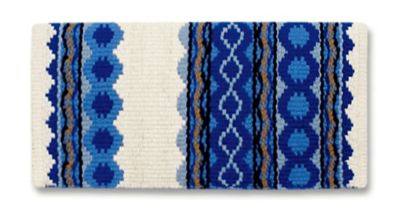
by Andrew
The only thing that I loved more than these stalls was the TSC folks. Made delivery easy and the whole process a breeze. Great product….fun designing our barn.
by David
Very good product easy to install for now I just need for one horse but on the future I’m going to continue buying this.
by Dick
Great door. Went up easily and looks a amazing. Does not come with the wood (I didn’t know that at first) but we went to local lumber store and bought some 2x6s which worked very well.